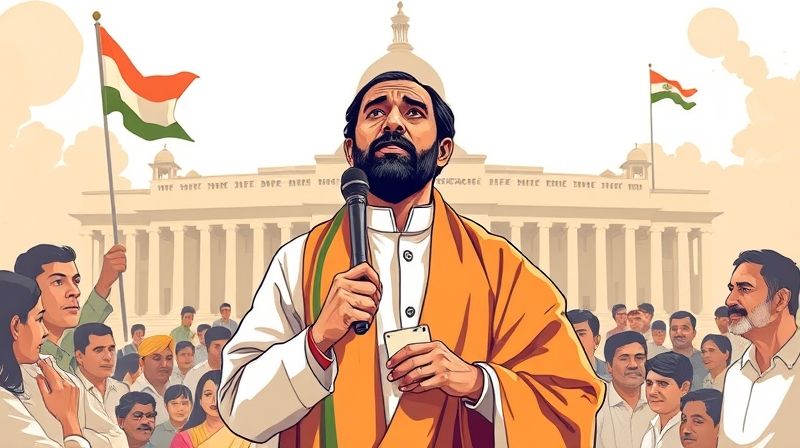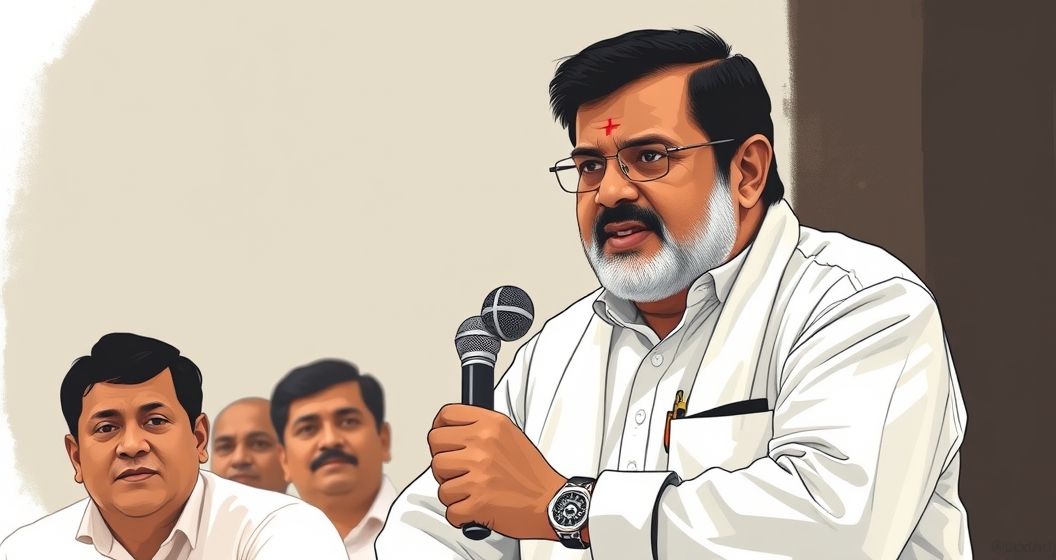The Significance of Raju Kage’s Exclusion

Raju Kage Congress Appointment – Article illustration 1
Raju Kage’s absence is particularly noteworthy due to his outspoken criticism of the government’s allocation of development funds. His public statements highlighting the lack of resources in his constituency have reportedly caused friction within the party. While the official reasons for his exclusion remain unstated, the timing suggests a clear link between his vocal dissent and his removal from consideration for a political appointment. This move raises questions about the Congress party’s tolerance for internal dissent and its willingness to reward loyalty over performance. It also highlights the potential risks for MLAs who publicly challenge the party line, even when raising legitimate concerns about the needs of their constituents.
Implications for the Congress Party

Raju Kage Congress Appointment – Article illustration 2
The decision to exclude Raju Kage could have several implications for the Congress party. It may alienate some within the party who sympathize with Kage’s concerns about development issues. It could also send a chilling message to other MLAs, discouraging them from openly criticizing the government, even on matters of public interest. Furthermore, the omission of a sitting MLA from the list of appointments could be perceived as a sign of weakness or internal division within the party. This perception could potentially damage the party’s image and erode public trust.
Reactions and Future Outlook
The announcement of the appointments has generated a considerable amount of discussion and debate within political circles. While the Congress party has yet to officially comment on Kage’s exclusion, the move is likely to continue to be a subject of scrutiny in the coming days and weeks. It remains to be seen how Raju Kage will respond to his omission from the list. His future actions and statements will likely provide further insight into the depth of the rift between him and the party leadership. The incident also raises broader questions about the balance between party loyalty and the representation of constituent needs within the political landscape. The implications of this decision will undoubtedly be closely watched by political analysts and the public alike. The upcoming months will be crucial in observing how this situation unfolds and its impact on the Congress party’s standing.


